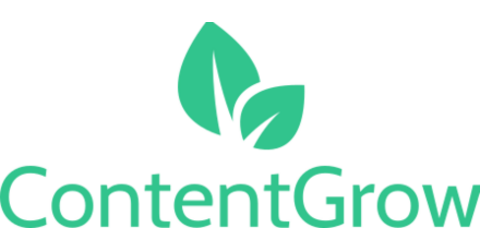McDonald’s revives Monopoly with Gen Z flair and nostalgic chaos
McDonald’s resurrects Monopoly with digital twists, influencer firepower, and Gen Z sensibility
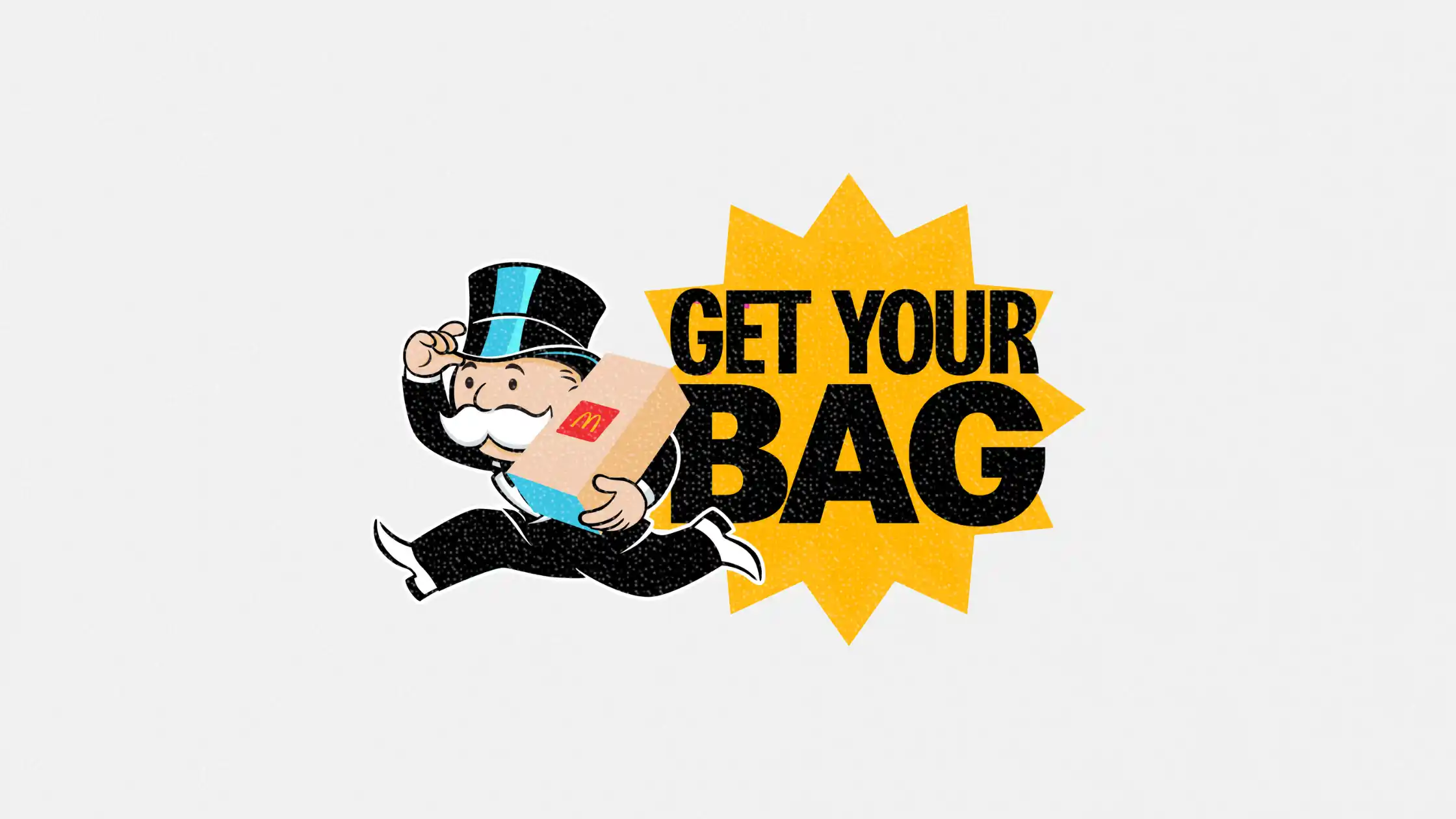
McDonald’s is resurrecting its once-iconic Monopoly campaign in the U.S. for the first time in over a decade. But this time, it’s not just about free fries or a trip to Orlando. It’s also about tapping into the post-scandal energy that made the game infamous and turning that cultural baggage into a strategic hook.
Launched under the banner “Get Your Bag,” the new campaign from Wieden+Kennedy New York leans into the absurdity and camp of get-rich-quick culture. It also acknowledges the elephant in the room: the massive fraud that derailed the original Monopoly promo. With Gen Z now a key demographic for McDonald’s, the tone is part self-aware meme, part nostalgic throwback, and fully gamified commerce.
This article explores what McDonald’s is doing differently this time, why the campaign’s tone matters for marketers, and what the return of this iconic promo signals for brand engagement strategies in 2025.
Short on time?
Here’s a table of contents for quick access:
- What happened: Monopoly returns, scandal and all
- The cultural reset: irony as a strategy
- What marketers should know
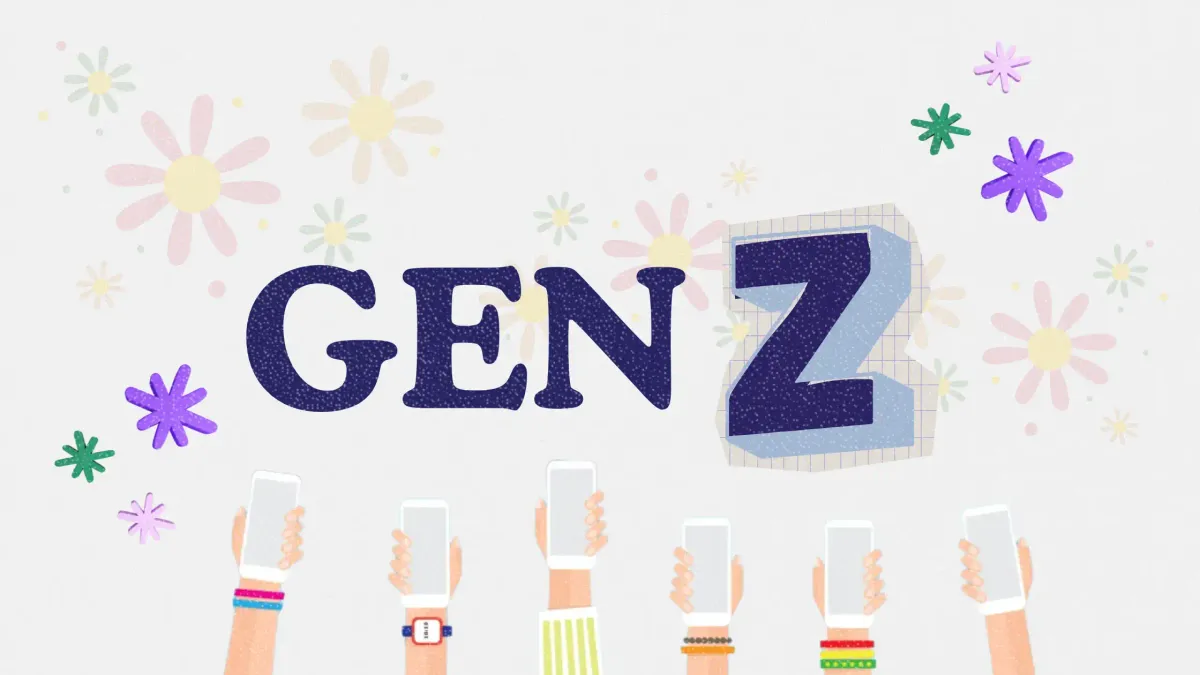
Monopoly returns, scandal and all
The classic Monopoly game, first introduced in McDonald’s restaurants in 1987, was paused in the U.S. in 2014 following the “McMillions” scam, where insiders rigged the game and siphoned off over US$20 million in prizes. A 2020 HBO documentary rehashed the scandal, leaving many skeptical of its return.
But today, Monopoly is officially back at McDonald’s with a revamped strategy.
This year’s version combines the traditional peel-off stickers on food packaging with a digital game experience inside the McDonald’s app. Prizes range from free food and MyMcDonald’s Rewards points to 1 million American Airlines miles, a Jeep Grand Cherokee, a Universal Orlando trip, and a US$1 million cash prize.
To deliver the campaign, McDonald’s tapped director Dan Streit and production house Somesuch to create a hyper-stylized Monopoly universe. The campaign blends practical sets, digital animation, and UI tropes lifted from spammy phone popups. It also features a reinvented Mr. Monopoly who appears across digital content as a campy narrator living inside McDonald’s owned channels.
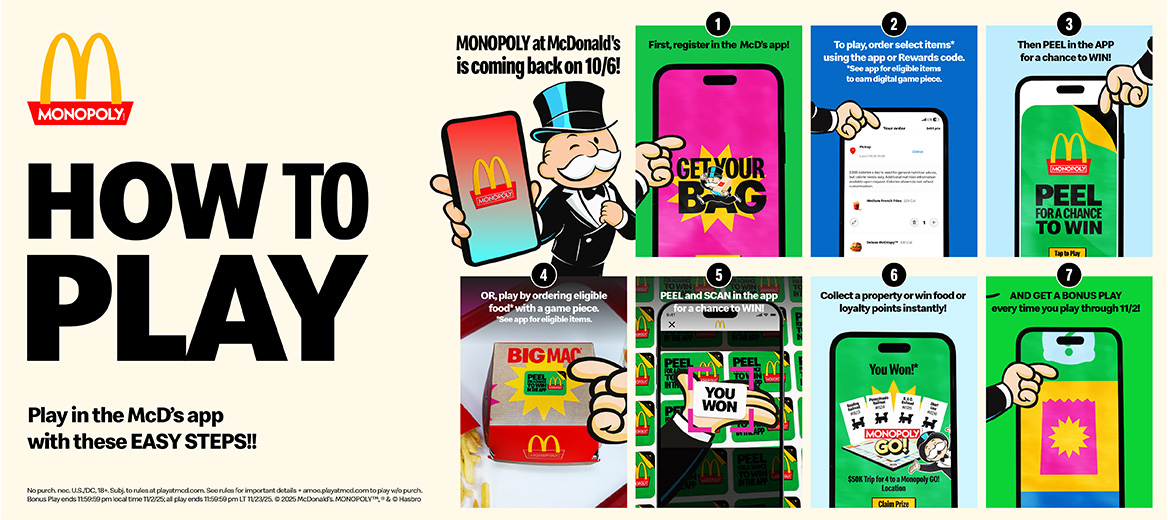
Influencer marketing plays a big role this round, with names like Heidi Montag, Porsha Williams, and Dylan Efron injecting cross-generational flair across social, digital, and outdoor activations. The campaign is already live in Times Square.
The cultural reset: irony as a strategy
What’s striking isn’t just the game’s return, but how McDonald’s is choosing to tell the story.
The campaign’s tone is intentionally self-aware, sometimes outright mocking the idea of Monopoly-style fortune. The catchphrase “Get Your Bag” straddles meanings: a literal bag of food, a figurative bag of money, and the promise of bagging an unrealistic prize.
This irony is by design. For older audiences, it’s a wink at the scandal. For Gen Z, it reflects an ingrained skepticism toward wealth, institutions, and traditional advertising. In a time when gamified experiences feel rigged and everyone is chasing algorithmic luck, McDonald’s is owning the cynicism while still handing out prizes.
It’s a bold blend of nostalgia and modern absurdism that few brands have attempted at this scale.
What marketers should know
Here’s what this campaign signals for brand marketers, particularly those exploring gamification, nostalgia, or Gen Z engagement:
1. Scandal can be rebranded if you're honest about it
By confronting its controversial history head-on, McDonald’s avoids the trap of pretending the past didn’t happen. Marketers should take note: Gen Z respects transparency more than legacy. If your brand has baggage, turning it into a plot twist rather than a liability may be the smarter move.
2. Nostalgia alone isn’t enough, tone is everything
Plenty of brands are bringing back 90s-era campaigns, but tone-deaf revivals often flop. This campaign hits because it acknowledges that winning a million bucks at a fast-food counter is kind of ridiculous and leans into that feeling. Marketers should remember that nostalgia works best when it’s filtered through the lens of today's audience culture.
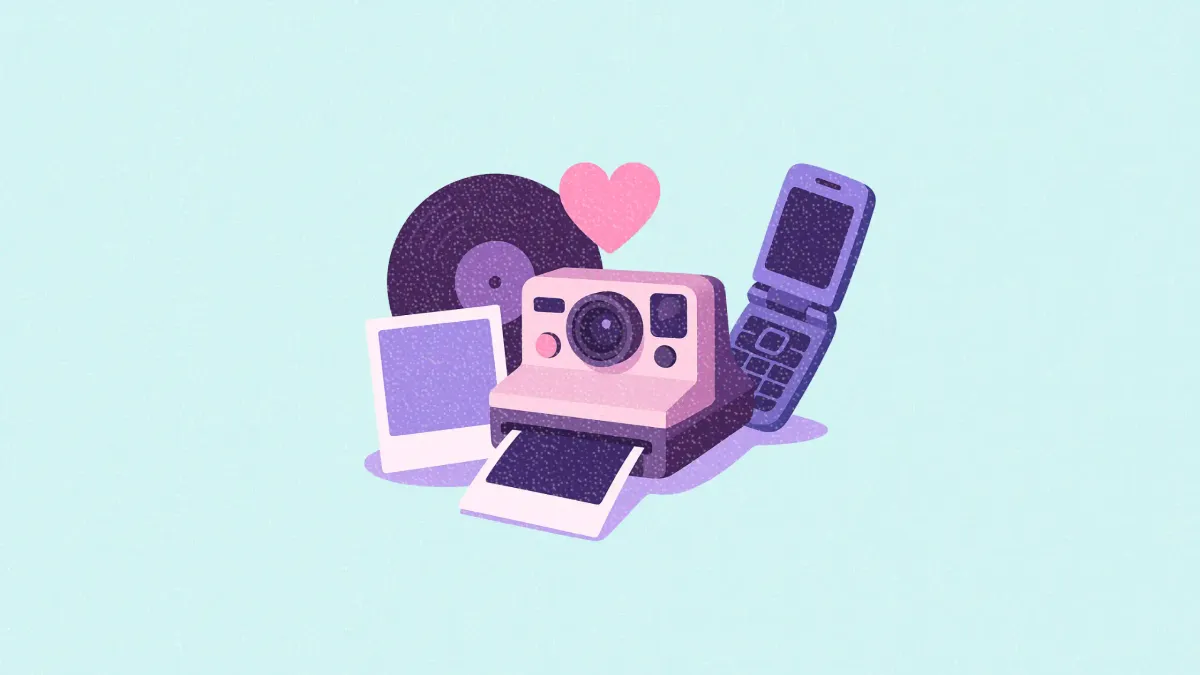
3. Gamification needs a digital bridge
The Monopoly game’s app integration reflects the new baseline for any brand activation. If it's not hybrid (physical plus digital), it’s not scalable. Marketers exploring in-store experiences or promos should prioritize app-based complements and make mobile experience a core part of campaign design.
4. Influencer marketing isn't just for product placement
McDonald’s casting of iconic reality stars and lifestyle influencers adds layered humor, not just reach. These personalities aren’t selling burgers. They’re selling the ridiculousness of chasing Monopoly dreams. Smart marketers can learn from this tactic. Use influencers as narrative extensions, not just amplifiers.
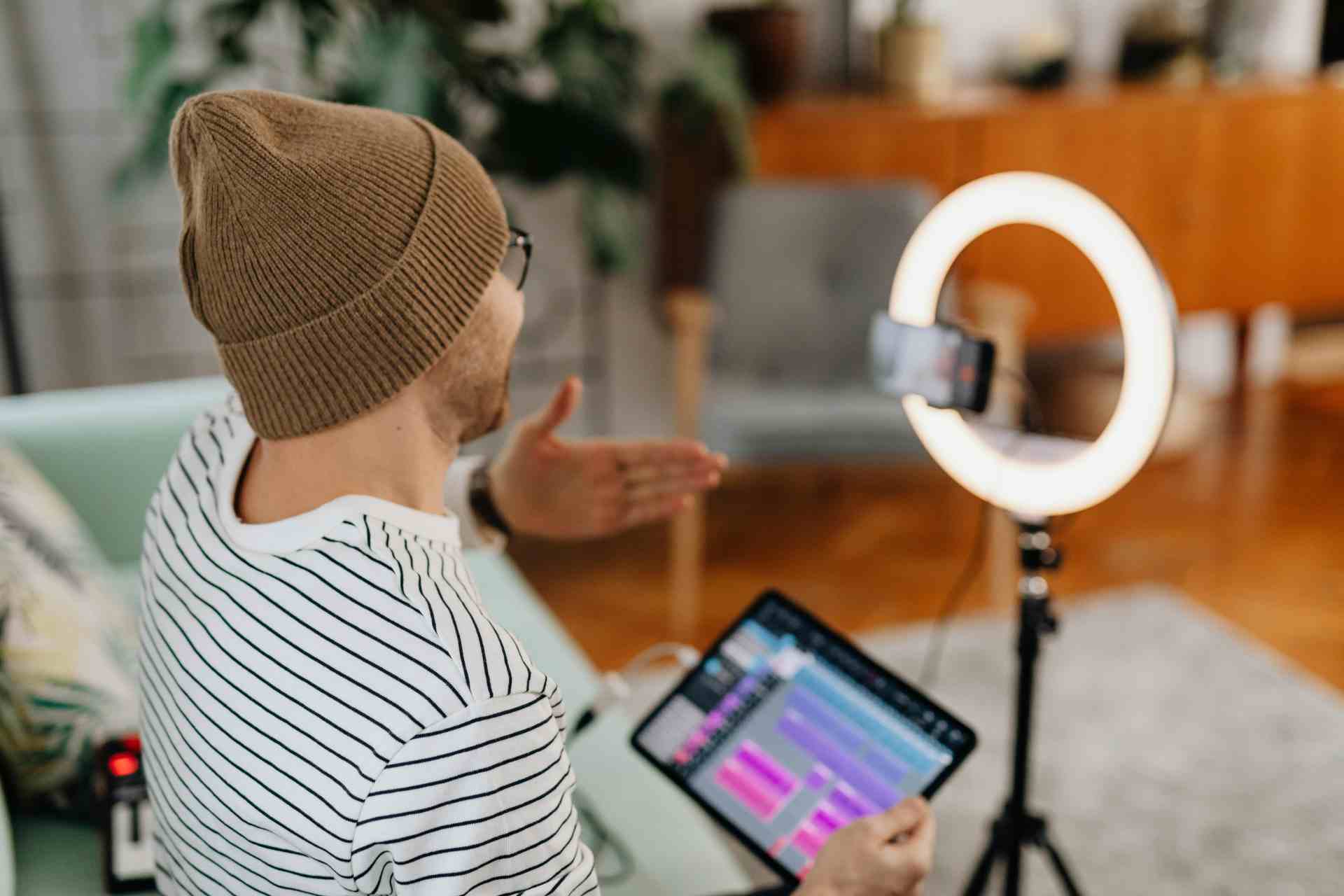
McDonald’s Monopoly revival isn’t just about selling fries or hyping a US$1 million prize. It’s a lesson in how brands can turn scandal into storytelling, nostalgia into relevance, and gamification into omnichannel engagement.
For marketers, the key takeaway isn’t about the return of a promo. It’s about how to make old ideas feel new without insulting your audience’s intelligence. In an age of ironic consumption and digital fatigue, a little self-awareness goes a long way.
